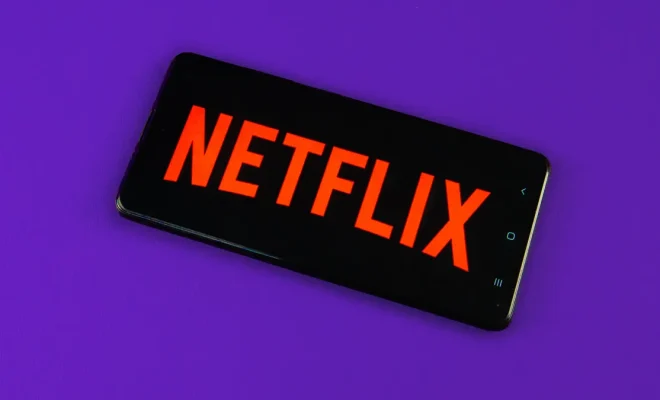Netflix With Ads Isn’t That Bad

Netflix, the leading streaming service known for its ad-free experience, has long been praised for allowing viewers to enjoy their favorite shows and movies without interruptions. However, recent discussions about the possibility of introducing ads have sparked mixed reactions among subscribers. While some may be hesitant about this potential change, it’s worth considering that Netflix with ads might not be as bad as it initially seems.
Lower Subscription Costs
One of the primary benefits of introducing ads on Netflix is the potential for lower subscription costs. Advertisements can generate additional revenue for the platform, which could translate into reduced prices for subscribers. This would make Netflix more affordable and accessible to a wider audience.
Lower subscription costs could also attract new users who were previously deterred by higher price points or competing platforms’ cheaper alternatives. It would provide an opportunity for individuals with limited budgets to enjoy quality entertainment at a fraction of the cost.
Supporting Original Content Production
Netflix invests heavily in producing original content such as movies and TV shows. Introducing ads could serve as another source of revenue specifically dedicated to funding these ambitious projects further. By offsetting production costs through advertising revenue, Netflix can continue delivering high-quality content while expanding its library even more.
This increased financial support from advertisements might enable Netflix to take creative risks and explore genres or stories that otherwise wouldn’t receive backing due to budget constraints. Consequently, viewers would benefit from a broader range of unique and diverse content options.
Ad Personalization & Relevance
The introduction of targeted advertisements on Netflix could enhance user experiences by providing personalized recommendations based on viewing habits and interests. Instead of generic commercials unrelated to viewers’ preferences, tailored ads might offer relevant suggestions related to their preferred genres or past viewing history.
While some may argue against invasive data collection practices associated with personalization efforts, it’s important to note that many other online platforms already employ similar strategies today—including social media networks and search engines. Netflix could leverage user data to curate ads that align with viewers’ tastes, making the advertising experience more enjoyable and potentially increasing engagement.
Possible Opt-Out or Premium Ad-Free Plans
To accommodate subscribers who prefer an ad-free experience, Netflix could introduce opt-out features or premium plans without advertisements. This way, those who don’t mind occasional ads can benefit from lower subscription costs while others can continue enjoying their content uninterrupted by choosing a different pricing tier.
This approach would give users the freedom to customize their streaming experience according to their preferences and budget constraints. It strikes a balance between accommodating different needs and maintaining a revenue stream through targeted advertisements.
Conclusion
While the idea of ads on Netflix may initially raise concerns among loyal subscribers, it’s essential to consider the potential benefits this change might bring. Lower subscription costs, increased funding for original content production, personalized ad experiences, and customizable plans are all factors worth considering when evaluating how ads on Netflix could impact your viewing habits.
Ultimately, whether or not introducing ads on Netflix is deemed “bad” depends largely on individual perspectives. By weighing the potential advantages against any perceived drawbacks, it becomes evident that such a change has the potential to enhance accessibility, content diversity, and overall user experiences in ways that may surprise skeptics. As long as measures are taken to ensure relevance and personalization while allowing for opt-out options, ads on Netflix might not be as bad as one might initially assume.




